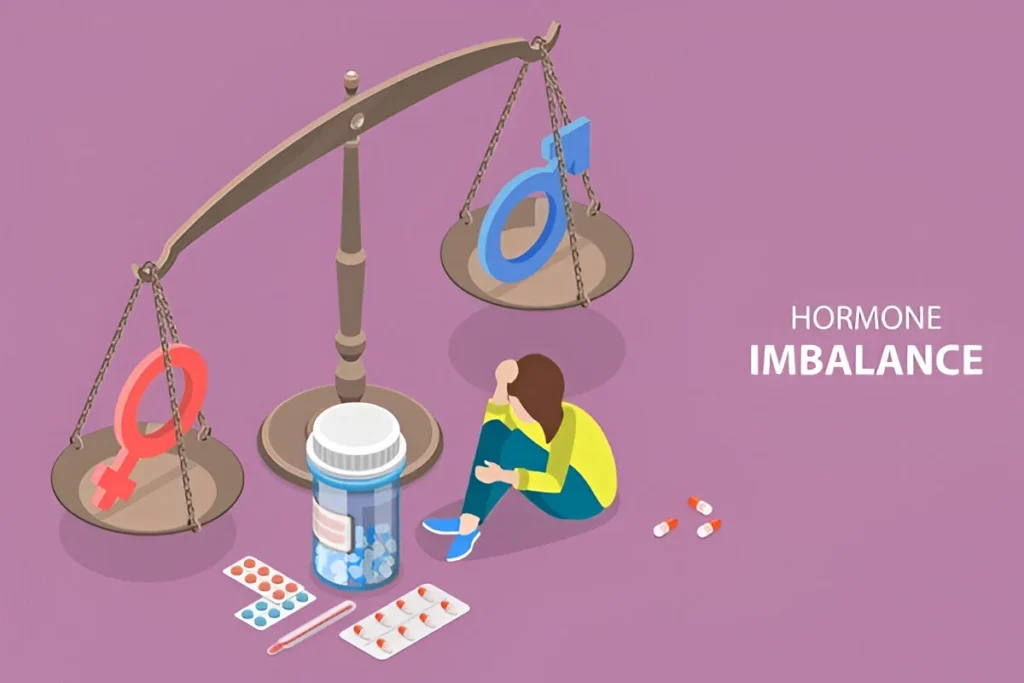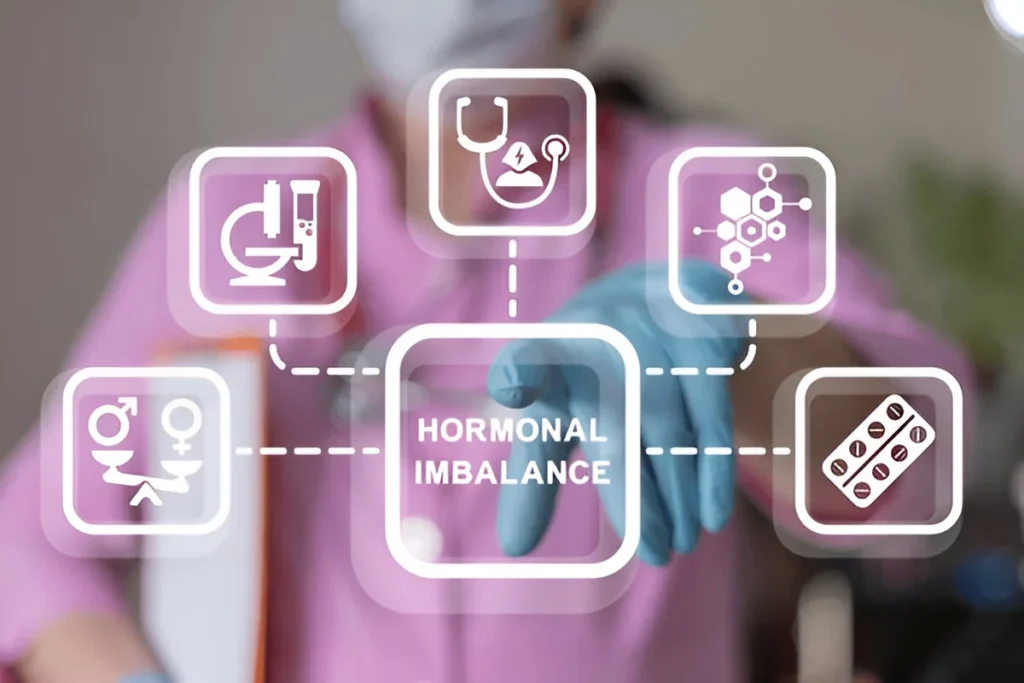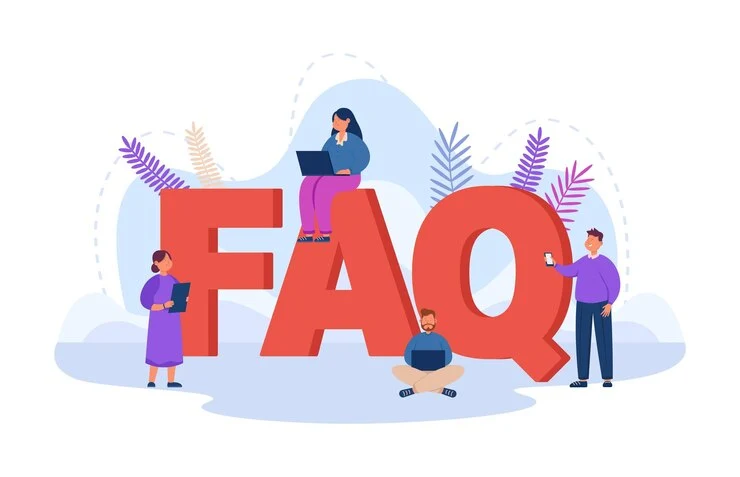-
Ganesh Talkies, Kolkata
Ganesh Talkies, Kolkata

Hormonal Imbalance in Women can show up in subtle ways—recognizing early signs helps you act fast. Learn from trusted experts in women’s health.
Hormones are powerful chemical messengers that play a vital role in how your body functions—from your metabolism and mood to reproductive health and skin. When these hormones are even slightly off balance, it can lead to noticeable—and often confusing—symptoms. While hormonal fluctuations are normal during certain life stages like puberty, menstruation, pregnancy, or menopause, Hormonal Imbalance in Women outside of these times can be a sign that something deeper is going on.
Let’s explore how you can recognize these early signs, what they may mean for your body, and when it’s time to seek expert help.

When left undiagnosed, hormonal issues can silently impact multiple areas of your health. From menstrual irregularities and skin problems to long-term fertility issues and mental health struggles, the domino effect can be significant.
Early recognition allows for early intervention—and often, lifestyle changes or minimal medical help can correct the issue before it becomes more serious.
Hormonal imbalances don’t always come with flashing warning signs. Instead, they tend to whisper—little changes in your body that, if observed closely, can reveal a lot.
Here are some of the most common early indicators:
If your menstrual cycle suddenly becomes unpredictable, it’s worth paying attention.
These may suggest imbalances in insulin, cortisol, thyroid, or estrogen.
Mood disorders are often linked to hormone shifts, particularly estrogen and progesterone.
Fatigue can stem from thyroid dysfunction, adrenal fatigue, or blood sugar imbalance.
Such symptoms can be signs of excess androgens, polycystic ovary syndrome (PCOS), or thyroid-related issues.
Estrogen and progesterone regulate your sleep patterns. Their fluctuation can trigger disturbances.
Changes in estrogen levels are often responsible for these symptoms and can occur even before menopause.

Understanding the root cause is the first step to finding the right solution. Here are some common triggers:
If your symptoms persist for more than two months or begin to interfere with your daily life, it’s important to consult a qualified gynecologist. A specialist can help identify the root cause through detailed health evaluations, lab tests, and hormone-specific assessments.
Getting the right diagnosis involves a combination of:
Treating Hormonal Imbalance in Women involves both clinical support and personal lifestyle changes.
The effects of Hormonal Imbalance in Women can go beyond the physical. Emotional well-being, relationship satisfaction, career productivity, and general confidence can all be shaken. That’s why seeking clarity and appropriate help is not just a matter of health—it’s a matter of overall quality of life.

Yes, minor imbalances can resolve naturally, especially if caused by stress or temporary lifestyle factors. However, persistent symptoms should be evaluated by a healthcare professional.
Hormonal fluctuations can start as early as the late teens but are most common between 25 and 45, especially around pregnancy or perimenopause.
Absolutely. Some women experience symptoms like fatigue, mood changes, or skin issues without any cycle changes.
No. Menopause is one phase where hormone changes are expected, but imbalances can occur at any age due to lifestyle, illness, or genetic factors.
Blood tests for estrogen, progesterone, testosterone, thyroid hormones, cortisol, and insulin levels are commonly used.
Your body speaks to you in quiet signals—and hormonal imbalance is one of the most overlooked messengers. By understanding these early signs and taking action, you empower yourself to lead a healthier, more balanced life. Remember, you don’t have to manage it alone. Whether it’s mood swings, irregular periods, or unexplained fatigue, professional guidance from a trusted expert can help you reclaim your health and well-being.
If you’re looking for support in navigating these issues, consider connecting with a reputed gynecologist—someone who not only understands hormonal health but also brings compassion and clarity to every consultation.